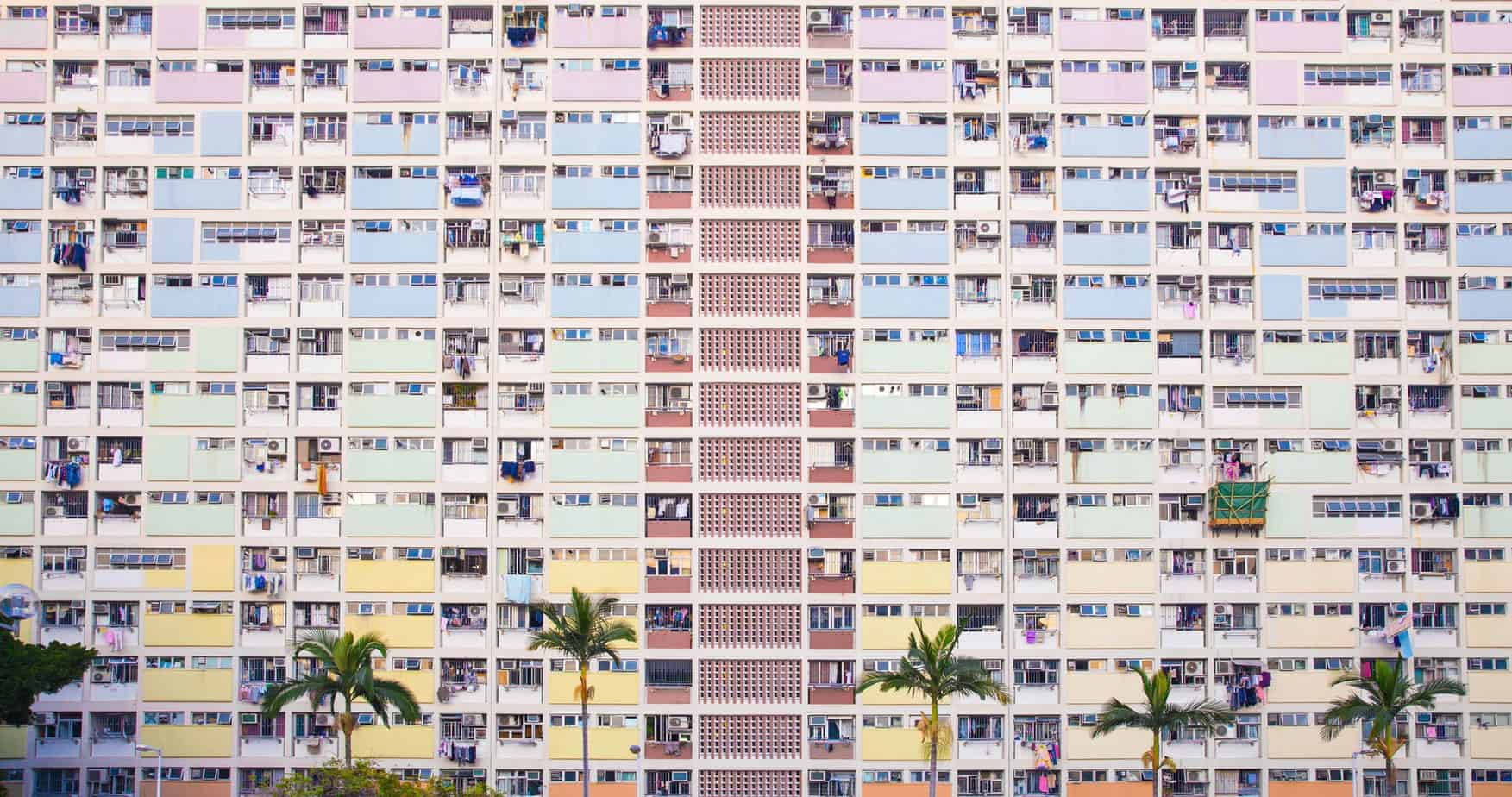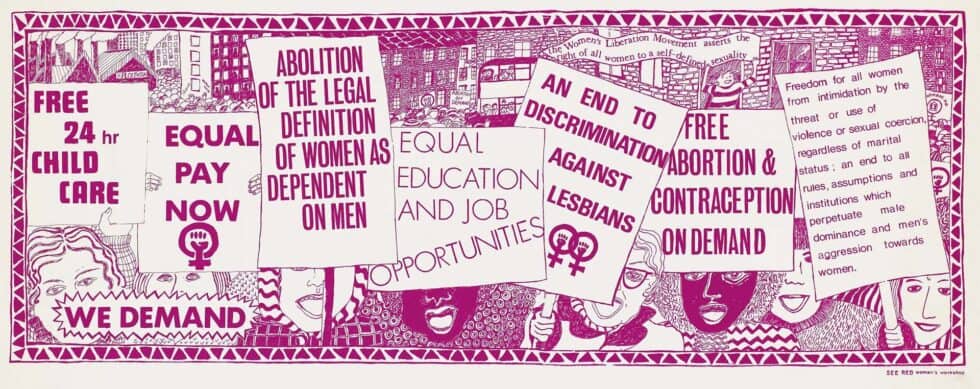A new government – a new approach?
Dr. Shani Bar-Tuvia | 01.09.2021 | Photo: Unsplash

![]() What does public housing have to do with the middle class? And what does it have to do with postcapitalism?
What does public housing have to do with the middle class? And what does it have to do with postcapitalism?
Dr. Shani Bar-Tuvia traces how the idea of universal public housing, its importance and its advantages, has taken hold in the public discourse.
The reinvigorating of the political system in recent months is evident in the area of housing as well. Among other things, the establishment of a new government in which the ministers of finance and housing are both immigrants, as well as the entrance to the Knesset of Naama Lazimi, who had dealt with public housing quite a lot, have reenergized the struggle for public housing in Israel.
At demonstrations in front of the home of Housing Minister Ze’ev Elkin, and in comments by MK Lazimi at Knesset sessions, on social media and in the press, a concept stood out that was not previously very common in Israel: universal public housing. Which is to say, as opposed to the policy of public housing as a solution for the poorest members of society, it is a demand for public housing as a solution for broad populations, including the middle class.
The demand for universal public housing reflects the idea that housing is a basic human need and therefore it should not be treated like a commodity. The "postcapitalism" project at the Van Leer Jerusalem Institute has been advancing that idea for several years and not only concerning housing. The goal of the project is to encourage new economic thinking focused on promoting human goals rather than maximizing profit – goals such as health, education, leisure, renewable energy and more – by working with researchers, civil society organizations, authors and others.
Changing the approach towards public housing in Israel, in a way that reflects the concept of housing as a human goal rather than real estate, is an important, urgent and possible change. Yaron Hoffman-Dishon, a researcher from the Adva Center, which has been working with the Van Leer Jerusalem Institute on universal public housing for two years, made these points at two events that took place at the Institute recently. At an online discussion with civil society organisations, with which the Institute is cooperating to develop postcapitalist practices on a range of subjects, Hoffman-Dishon explained that in the present reality in Israel the middle class is suffering as well. With the exception of a very wealthy and very small population, for most of the public buying an apartment means “enslavement to loan repayment for their whole lives and living in constant risk.”
The purpose of the joint project of the Adva Center and the Van Leer Jerusalem Institute, as Hoffman-Dishon explained in the online discussion, is to delineate an alternative to the situation and to show that the concept of housing as a public investment rather than a commodity (the same way that to a large extent education and health are presently perceived in Israel) is not only important but possible. Models of successfully implemented universal public housing projects from throughout the world (and not only from Scandinavia) show this clearly.
A few weeks previously, in an open-air discussion that took place right after screening an episode of the documentary series “The Guide to Gentrification,” Hoffman-Dishon, the creators of the series and participants in the panel, drew a connection between the failings of public housing in Israel and the national tensions in Jaffa and other mixed cities in Israel. At another event at the Institute, focused more broadly on Arab young adults in Israel, the subject of housing was prominent.
These discussions indicated clearly: in Israel the housing shortage is associated with class and national tensions to a point that turns it into a powder keg that must be neutralized. Will the new government choose to do so seriously? And will it choose to do so through universal public housing, which has proven itself in other cities in the world? There are good reasons to doubt it, but it is still possible that a renewed struggle for public housing, which places at its center the demand for universal public housing, will manage to push things in that direction.




